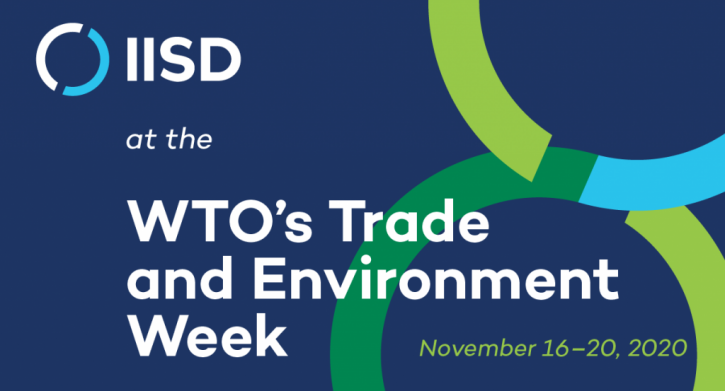‘Focus on development considerations in trade, environment agenda
BI Report || BusinessInsider

Photo: IISD
Nearly two dozen representatives from civil society and intergovernmental agencies have called for prioritising development considerations in the trade and environment agenda.
Lily Sommer, Trade Policy fellow at the UN Economic Commission for Africa (UNECA), urged examining carbon border adjustment measures — being debated in many countries as a trade policy tool for tackling greenhouse gas emissions — to ensure that these do not undermine developing countries’ priorities.
She made the suggestion on Wednesday at the second civil society-led event of the Trade and Environment Week.
The event was organised by the Geneva Trade Platform, the UN Environment Programme (UNEP) Environment and Trade Hub, the Global Governance Centre at the Graduate Institute Geneva, and Chatham House’s Hoffmann Centre for Sustainable Resource Economy.
Coming just one day after a World Trade Organization (WTO) member group launched “structured discussions” devoted to trade and environmental sustainability, the interventions largely built around what items could be raised in these talks, and what approach these could take, according to SDG Knowledge Hub.
Speaking at the event, Executive Director of CUTS International Geneva Rashid Kaukab cautioned against a “carrot-and-stick” approach and urged greater support for capacity building and other assistance for least developed countries (LDCs).
Vicente Yu of the Third World Network (TWN) highlighted the need for greater flexibility and special differential treatment for developing countries, and the value of agreeing on a “peace clause” for developing countries to protect them from legal disputes when they undertake environmental measures that impact trade.
Anja von Moltke, head of the UNEP's Trade, Policy and Planning Unit, opened the event by calling for “all hands on deck to push leadership and action for a sustainable future.”
She stressed that the new narrative on trade and environment “must be about looking at how to ensure trade policy is a central part of the toolkit” that governments use for achieving their sustainability objectives.
Carlos Vanderloo from the Canadian Mission to the WTO said global cooperation and the involvement of all stakeholders will be crucial for addressing sustainability imperatives.
Speakers highlighted a range of policy priorities that governments should address together with other actors in the trade and environment arena, many of which were directed at the “triple threat” of biodiversity loss, climate change, and pollution.
One of the recurring themes was the circular economy; Vanessa Erogbogbo, chief of the Sustainable and Inclusive Value Chains Section and head of the SheTrades Initiative at International Trade Centre (ITC), noted the need to manage environmental trade-offs, while calling for a better understanding of the environmental impact profile of value chains.
























